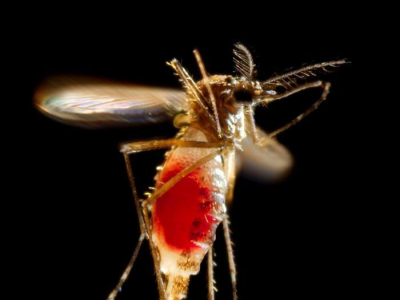Dec 18, 2009
Report: State epidemiology capacity dropped 10% in past 3 years
An assessment by the Council of State and Territorial Epidemiologists (CSTE) found that since 2006 the number of epidemiologists working in state health departments has dropped by 10%, according to an article today in Morbidity and Mortality Weekly Report (MMWR). The decreases affected three of four essential public health services: detecting and monitoring health problems, investigating health problems, and evaluating the efficacy of population-based services. The percentage of departments reporting a strong capacity to respond to bioterrorism or emergency events decreased slightly, from 76% to 73%. However, 30% of states said they had little capacity to address five of nine epidemiology areas: environmental health, injury, occupational health, oral health, and substance abuse. The CSTE called for a coordinated federal, state, and local effort to reverse the trend and fill capacity gaps. The report noted that state budget shortfalls and reductions in federal bioterrorism and emergency response funding have contributed to the drop in epidemiology capacity. It said many states still don't have the technological capacity to conduct modernized surveillance for acute diseases and that public health agencies should forge a consensus on the best levels of epidemiology capacity and develop a strategy to reach them.
Dec 18 MMWR report on state health department epidemiology capacity
CDC critiqued over advisors' possible conflicts of interest
The Centers for Disease Control and Prevention (CDC) was lax in identifying and resolving potential conflicts of interest among members of its 17 advisory committees in 2007, according to the Office of Inspector-General (OIG) for the US Department of Health and Human Services. In a report released today, the OIG said 58% of the advisory committee members had potential conflicts that the CDC did not identify, and another 32% had potential conflicts that the CDC identified but did not resolve by means of special ethics agreements. The report says further that 15% of committee members didn't have current disclosure forms on file at the time of meetings, and 3% voted on matters when their ethics agreements barred that action. In a letter included in the report, the CDC said it concurred with the OIG's recommendations to correct the problem and that it had already begun steps to do so. The CDC advisory committees include the Advisory Committee on Immunization Practices, which makes recommendations on vaccination against influenza and other diseases.
OIG report on CDC ethics program for advisory committee members
Cambodia confirms H5N1 infection
Cambodia's health ministry has confirmed an H5N1 avian influenza infection in a 57-year-old man who is hospitalized in stable condition, the World Health Organization (WHO) reported today. The man, from Kampong Cham province in the eastern part of the country, got sick on Dec 11 and was hospitalized 5 days later. A health ministry team is investigating the source of his infection. His case was confirmed by the National Influenza Center at Cambodia's Pasteur Institute. The man's case is listed as Cambodia's ninth, of which seven have been fatal. His case is Cambodia's first in 2009 and raises the world's H5N1 case count to 446, including 263 deaths.
Dec 18 WHO statement


















